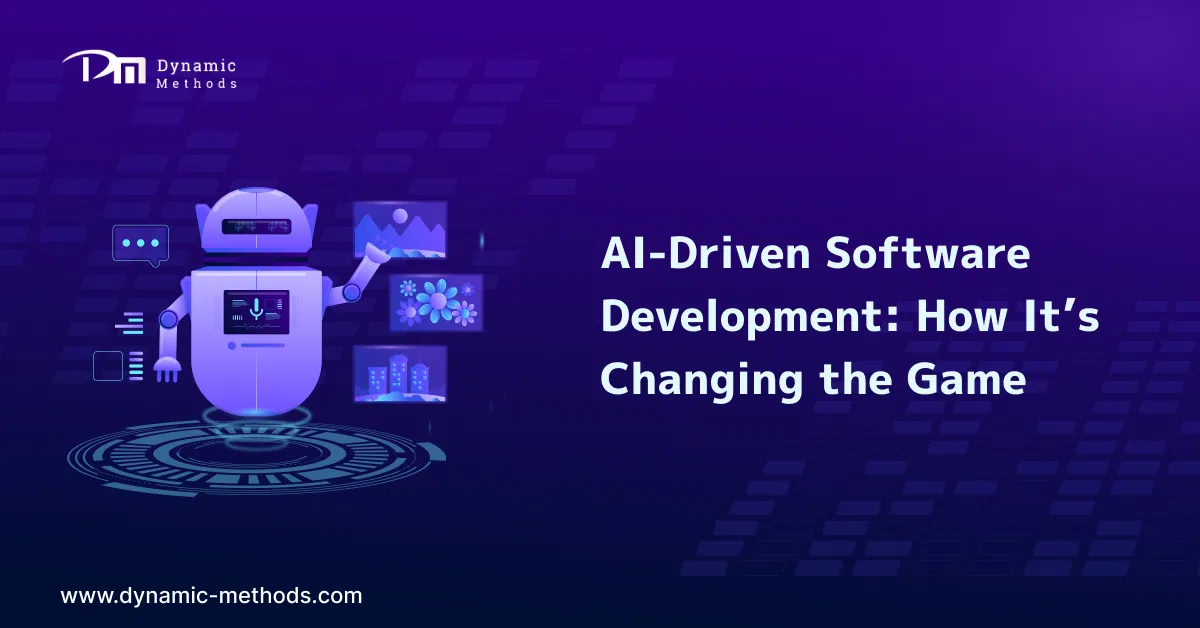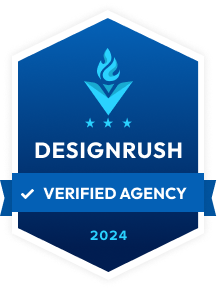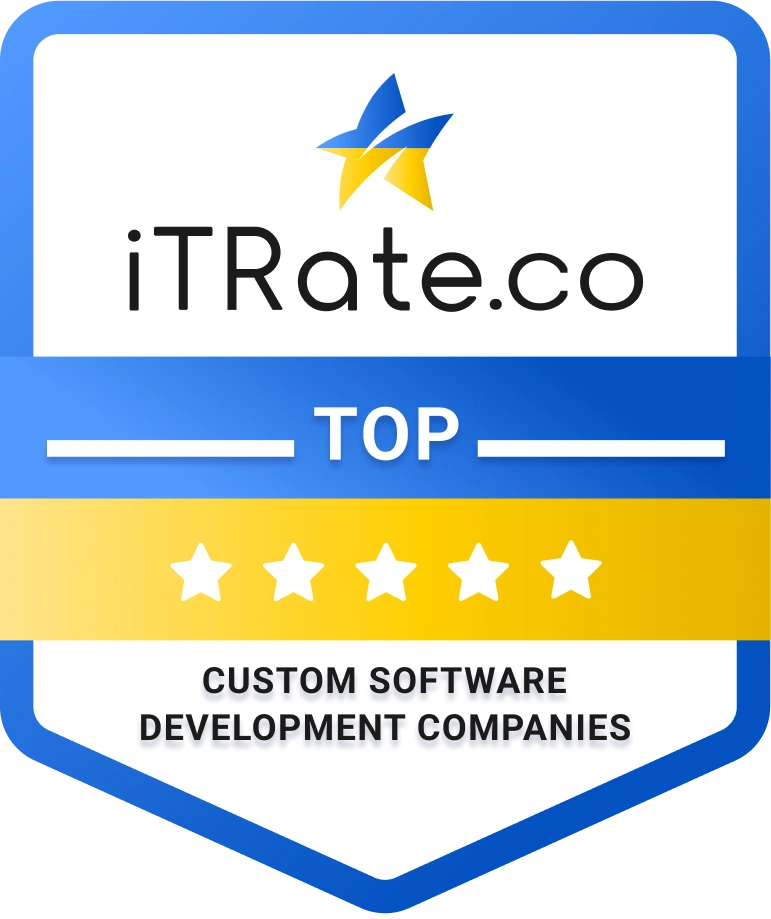
“AI won’t replace developers, but developers who use AI will replace those who don’t.”The world of software development is changing faster than ever. Artificial intelligence (AI) is now at the heart of this transformation, reshaping how companies build, test, and deploy software solutions. From small startups to global enterprises, AI is driving a new wave of innovation that makes development faster, smarter, and more efficient.
Whether it’s web application development, automation testing, or full-scale software product design, AI is no longer just a supporting tool; it’s a strategic advantage. But how exactly is AI changing the way software gets built?
Let’s explore the trends, tools, and real-world examples that show how AI is revolutionizing this space.
1. The Shift Toward Smarter Development
In the past, software development was mostly a manual process. Developers spent hours writing repetitive code, fixing bugs, and running countless tests. Today, AI has made that process faster and far more intelligent.
AI-powered platforms like GitHub Copilot and ChatGPT are already helping developers write cleaner, optimized code. They can suggest improvements, detect syntax errors instantly, and even generate complete code snippets from a few simple instructions.
But the real magic lies in how AI automates the boring parts of software creation. Instead of spending days fixing small issues, developers can focus on design, innovation, and problem-solving.
For businesses, this means reduced development time and higher-quality outcomes. And for a custom software development company, adopting AI tools is not just an option anymore; it’s essential for staying competitive.
AI also brings predictive power to the table. It can analyze previous projects, predict potential risks, and suggest the most efficient development path. This smart assistance ensures projects are completed on time and within budget, something every client values.
2. AI in Web Application Development
In today’s digital economy, web apps power almost everything we do, from shopping, learning, managing teams, and connecting with others. But creating a web app that is fast, secure, and user-friendly takes deep expertise and time.
A retail company, for example, can use AI to recommend products based on a customer’s past behavior, improving sales and satisfaction at the same time. This smart and seamless experience is what makes AI-driven web application development a game-changer in 2025.
That’s where AI steps in. In web application development, AI tools are being used to improve both the front-end and back-end processes.
For example:
- Personalized User Experience: AI analyzes how users interact with a website and tailors the content and layout accordingly.
- Automated Design: AI-based design systems can suggest color themes, layouts, and UI elements that enhance user engagement.
- Faster Performance Optimization: AI can monitor site traffic, predict load issues, and automatically adjust resources for better performance.
- 24/7 Support with Chatbots: Natural Language Processing (NLP) allows businesses to integrate chatbots that handle customer queries instantly.
3. The Role of AI in Custom Software Development
Every business faces unique challenges that off-the-shelf software can’t solve. That’s why many organizations turn to a custom software development company to build solutions tailored to their needs.
The result is a faster, more reliable, and cost-effective development process. Clients get software that truly matches their goals, whether it’s automating internal workflows, managing customer data, or scaling up business operations.
AI also plays a big role in predictive maintenance, which means the software can forecast when it will need updates or repairs. This prevents downtime and keeps systems running smoothly.
AI enhances every step of this process from understanding business goals to delivering the final product. Here’s how:
- Requirement Analysis: AI tools can analyze large volumes of business data to suggest the best software architecture.
- Code Generation: Developers can now use AI to automatically write repetitive sections of code, saving hours of work.
- Bug Detection and Testing: AI-powered systems identify vulnerabilities and predict where bugs might appear before users ever encounter them.
- Security and Compliance: Machine learning models detect suspicious activities and protect applications from data breaches.
4. How AI Is Transforming Software Product Development Services
Software products are no longer static; they evolve continuously based on user feedback, analytics, and new market needs. That’s why software product development services are now leveraging AI to stay agile and responsive.
AI makes it easier for development teams to understand what users want and how to deliver it faster. For instance, an e-learning platform can use AI to monitor student progress and automatically adjust course difficulty levels. This level of personalization keeps users engaged and improves satisfaction, which is the ultimate goal of any software product.
Here’s where AI is having the biggest influence:
- Market Analysis: AI helps businesses analyze market data and find gaps where a new product could succeed.
- Prototyping and Simulation: Before launching, developers can use AI simulations to test how users might interact with a product.
- Quality Assurance: AI testing bots check thousands of scenarios within seconds, improving speed and accuracy.
- Continuous Improvement: Machine learning models learn from how people use the software and recommend updates automatically.
5. Real-World Examples of AI in Action
Each of these use cases depends on innovative development teams that combine human creativity with AI-driven insights. The companies that embrace this blend are seeing faster growth, higher efficiency, and stronger customer trust.
AI-driven development isn’t just an idea; it’s already being used in major industries:
- Healthcare: AI helps build diagnostic systems that analyze X-rays and scans with incredible accuracy.
- Finance: Intelligent algorithms detect fraud, manage portfolios, and predict market trends.
- Retail: AI-powered recommendation systems boost customer engagement and sales.
- Logistics: Predictive models help companies optimize delivery routes and reduce operational costs.
6. Challenges and Opportunities Ahead
Like every technology, AI has its challenges. Data privacy, algorithmic bias, and dependency on machine learning models are valid concerns. But these challenges also create opportunities for innovation.
Responsible development practices, transparent data handling, and continuous learning will ensure AI remains a force for good. The biggest opportunity lies in combining human intuition with AI’s analytical power. Developers who master this balance will lead the next generation of intelligent software solutions.
Businesses should also focus on training their teams to use AI tools effectively. The future belongs to organizations that understand both the power and the limitations of AI, using it not just for speed, but for smarter, ethical, and sustainable innovation.
7. The Future of AI-Driven Development
The next few years will redefine how we build and interact with software. AI will continue to evolve, not to replace developers, but to make them more capable.
Soon, AI will handle most of the routine development work, while human teams will focus on creativity, logic, and user experience. This shift will lead to software that’s not only faster to build but also more human-centered.
Companies that adopt AI early will be better positioned to innovate, cut costs, and deliver outstanding digital products.
Summing Up
AI has completely changed the way software gets built, and the best is yet to come. From smart coding assistants to predictive analytics, it’s making development faster, more reliable, and more efficient.
At Dynamic Methods, we believe in building technology that works smarter, not harder. By combining AI-driven tools with expert human creativity, we help businesses create software solutions that are powerful, scalable, and ready for the future.
As technology continues to evolve, one truth stands strong: AI isn’t replacing developers, it’s empowering them to build the impossible.









